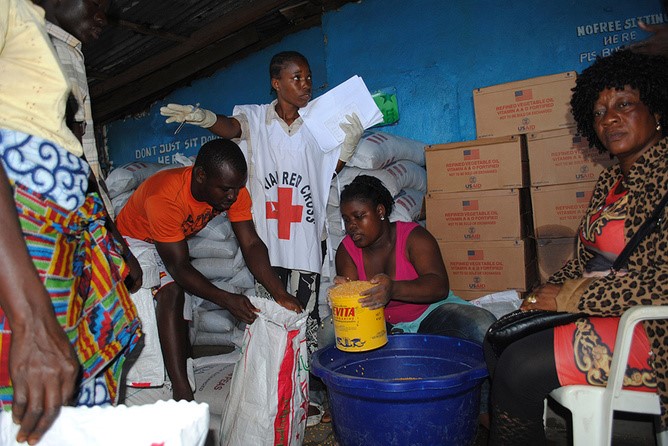The AIIB and a New Asian Financial Order Living Parallel Lives
Chinese financial diplomacy has reached its coming of age. This new era started when China first announced the introduction of the Asian Infrastructure Investment Bank (AIIB) in 2013. The bank should be operational by late 2015. Combined with other Chinese-led initiatives, an Asian financial order led and shaped by China is slowly emerging in the Asia Pacific. The geopolitical and geoeconomical implications of such a transformation of this magnitude should not be underestimated, both at the regional and global levels.




